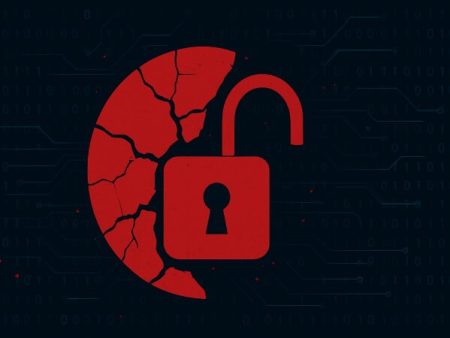The head of a Nigerian regulatory body warns that widespread gambling is diverting funds from the capital markets. Crypto trading is also drawing money away from these markets. This undermines efforts to finance the country’s $150 billion infrastructure deficit.

Emomotimi Agama, Director General of NSEC, highlighted the disparity in investment flows. He noted that an estimated 60 million Nigerians, about a quarter of the 240 million population, gamble every day. Together, they stake $5.2 million daily. This contrasts sharply with the fewer than three million residents currently investing in the capital market.
Bloomberg report states that NSEC officials believe that the $50 billion in crypto transactions conducted by young Nigerians between July 2023 and June 2024 is depriving capital markets of crucial funding. Agama summarized the core problem, saying, “An appetite for risk clearly exists, but not the trust or access to channel that energy into the productive sector.”
The text notes that the shift toward high-risk assets usually stems from a lack of confidence in the traditional financing system. High inflation and a depreciating local currency push financially strained Nigerians toward crypto trading. Gambling also serves as an alternative to depositing funds in banks.
Initially, Nigeria maintained a hardline stance against cryptocurrencies. Nonetheless, this proved ineffective against strong resident demand. As a result, the government has begun to embrace this new reality. It started by passing a law that brings crypto companies under NSEC regulation. Lawmakers also introduced amendments to allow the taxation of crypto transactions.
Agama maintains that gambling and crypto trading are the main reasons for low local investor participation, despite these regulatory steps. This directly affects the country’s efforts to close its $150 billion infrastructure deficit. The regulator plans to launch new financial products and deploy new technology to attract investment. These measures aim to address both the lack of participation and underlying trust issues, although no specific timeline has been announced.


